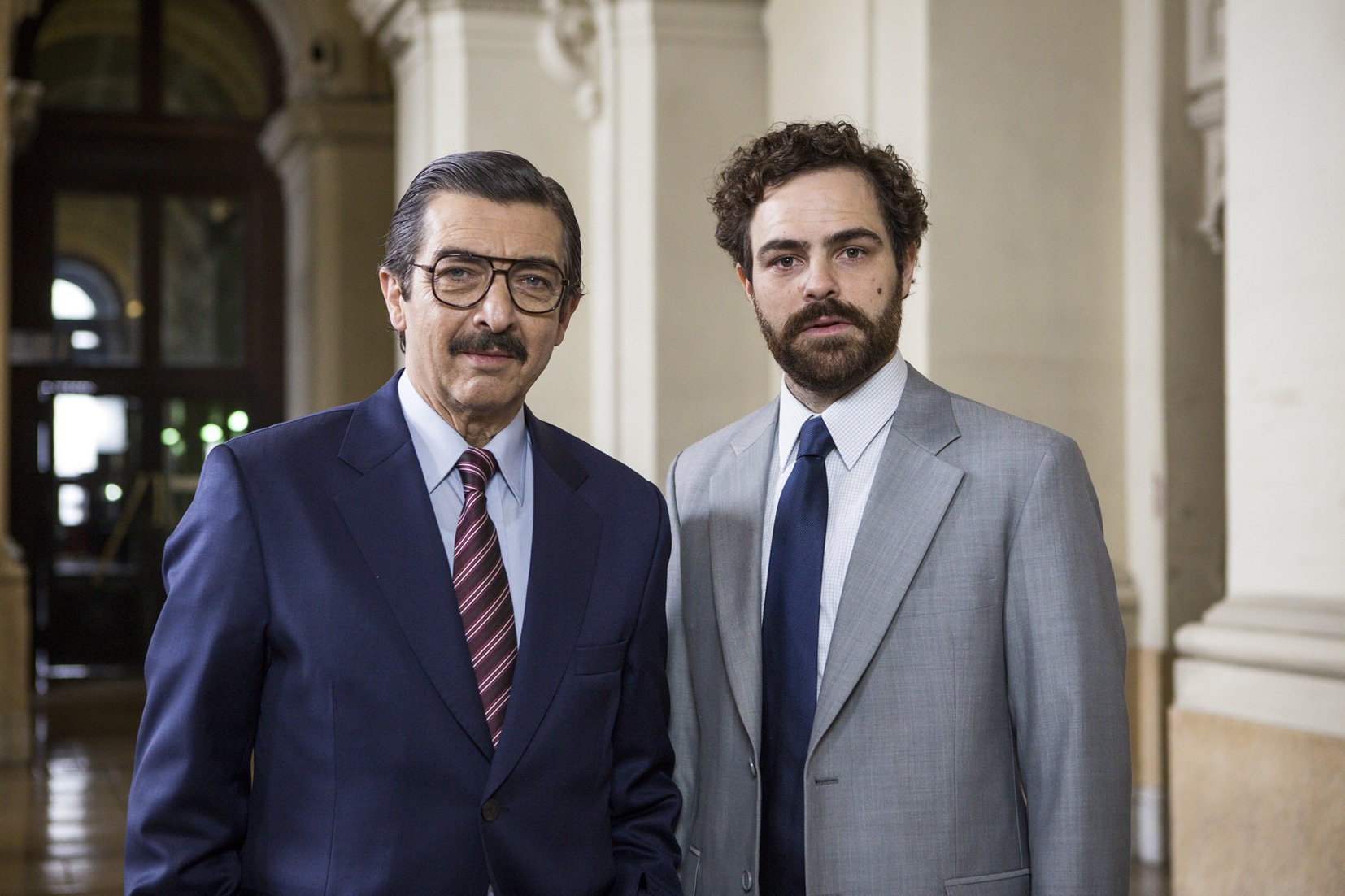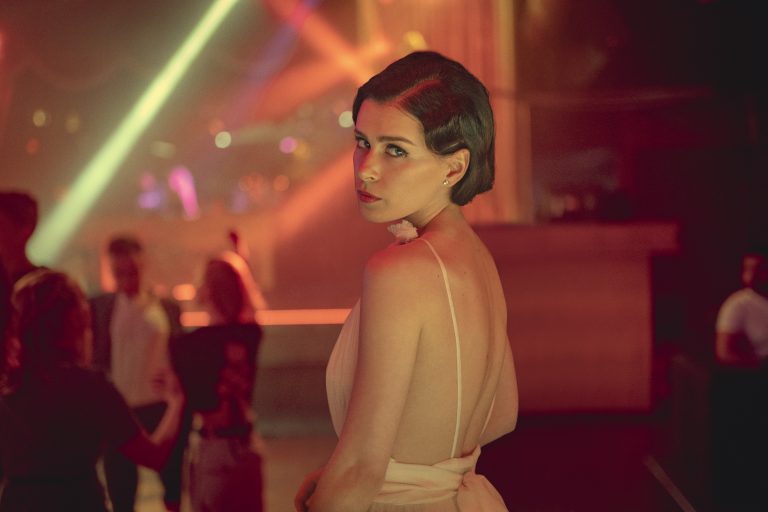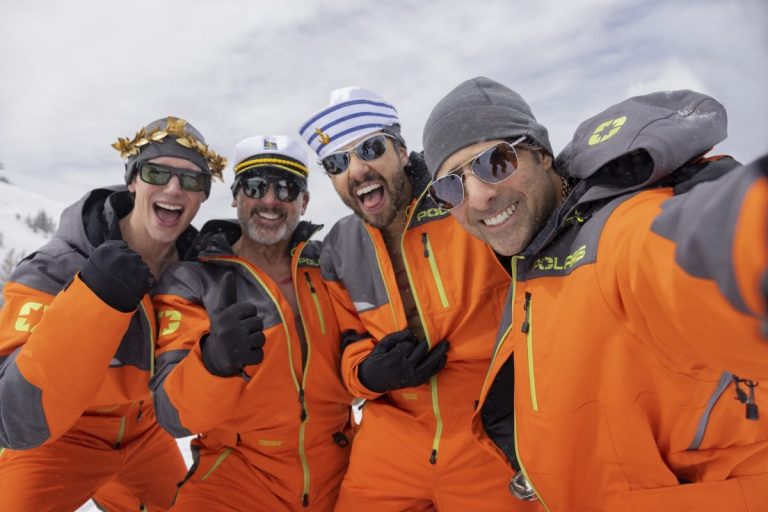Argentina, 1985 (2022) Movie Review & Ending Explained: On 24 March 1976, the Argentine armed forces seized political power from the government of Isabel Peron through a coup d’etat amidst a phase of economic instability. A military dictatorship, self-proclaimed as National Reorganization Process, was formed following the suspension of democracy, political parties were banned, and a politico-economic reorganization of the nation began with artificial limitations on civil rights and the introduction of free market policies.
The military-appointed itself in executive positions and began persecuting the opposition comprising Peronists and leftists. The persecution expanded to civilians as the junta launched a Dirty War against the opponents characterized by state terrorism. The state-led persecution by the Junta comprised torture, extrajudicial murders, and systematically forced disappearances. As civil opposition grew due to repeated human rights abuses and the economic crisis worsened, the Junta government failed and was replaced with a constitutionally elected democratic government. The new government led by president Raul Alfonsin prosecuted members of the Junta in 1985 in what is known as the trial of the juntas.
Argentina, 1985 Plot Summary & Movie Synopsis:
Argentina, 1985, directed by Santiago Mitre and written by Mariano Llinas of La Flor (2018) fame, is a film that revolves around the Trial of the Juntas with Julio Ceasar Strassera as its protagonist, played by Ricardo Darin. The Amazon Prime video release captures Julio as he is tasked with the mammoth responsibility of prosecuting the military elite who happen to enjoy the sympathy of the Argentine elite and middle class.
Tale of Historical Importance
The deeply rooted conservatism was a major deterrent in claiming public validation for a retributive process against an institution held sacred, i.e. the military. The problem was compounded by the lack of faith in the validity of a civil court to prosecute the military. However, this is a tale of setting an example for the world. It reaffirms that no institution is inherently sacred and supra-constitutional. The process brought forth evidence to prove how seizure and centralization of power without any accountability can lead to abuse driven not by a survival instinct or mere political greed but, in fact, sadism and tyrannical urges. It substantiates the value of democracy and the urgent need to listen to those suspended or marginalized by the powerful such that human value is preserved.
Argentina, 1985 is an essential story to be told. The viewer might be reminded of the Nuremberg Trials or the Tokyo Trials that took place in the aftermath of the second world war to prosecute Axis powers for their war crimes. The difference lies in the fact that while International Military Tribunals prosecuted governments for their war crimes while escaping accountability for their own war crimes, the Trial of the Junta was held by the government of the same country. In modern history, the Trial of the Juntas stands as the only example of a large-scale prosecution of a former dictatorial regime by a succeeding Democratic establishment. Therefore, the call of Nunca Mas (Never Again) reverberates within the dimensions of the screenplay as all characters channel their efforts into correcting the course of history.
Argentina, 1985 is a remarkable film in many ways. It emphasizes the political determination of its characters and charts the process of ideological replacement. In other words, by consciously choosing its heroes, the film not only shows how one generation replaces another when the latter becomes redundant but also how a perilous ideology gets replaced through progressive actions that defy conservative norms for the greater humanistic good.

Argentina, 1985 Review:
A Story Rendered Remarkable by its Urgent Character and Historical Importance
Anchored by the powerful performances of Ricardo Darín as Julio César Strassera and Peter Lanzani as Luis Moreno Ocampo, Argentina 1985 secures consistent intrigue of the viewers. The focus on the personal never overwhelms the focus on the political. As a result, while the family dynamics of the protagonists are amply sketched, they are never executed beyond the context of the event the film is about. However, the trial was not a discrete event, they happened over a long course.
The film is less of a fictionally driven narrative that dramatizes a certain aspect of history to represent to us what it “was like” but more of a comprehensive account of everything that unfolded to represent to us what it “was.” And therefore, it becomes inefficient in the compression of everything that occurred. As the screenplay jumps from one stage to another, the urgency gets diffused, and it becomes tough to connect emotionally with the cause. Usually, such an approach in a documentary film works without failure as a documentary focuses on narrating the events, their causes, and consequences, unlike a film that commits to dramatizing. In its effort to dramatize, occasional doses of humor and thrills keep one invested. But the inefficiency of the form made me wonder if this film would work better as a miniseries.
Sentimentality is not given enough space in the film, which indicates a restraint on the director’s part to encash survivors’ trauma. Only a necessary minimum finds room in the film to establish the cause for prosecution, eventually leading to a warning call for the future. In its own way, Argentina, 1985 becomes relevant for every citizen of the world living under a right-wing state descending towards fascism because there is a lesson in every tragedy.
Argentina, 1985 Movie Ending, Explained:
What does Julio say in the closing note?
The haphazard progression through multiple jumpcuts leads us to a tense climactic act during which Julio renders a closing note built around the angst and exhaustion of the civilian population that survived fascist reorganization. The closing note emphasizes that it is the will of the people to impart retribution onto the institution of the military such that what happened in the past never repeats itself in the future.
The “Never Again” call mesmerizes the viewer, filling them with courage and compassion. As the military elite get sentenced by the jury, with four of them being rewarded with an acquittal, we see Julio falling back to his typewriter, preparing for a reappeal. The film ends on an optimistic note while recognizing the fact that the fight doesn’t end here and a long battle lies ahead to hold everyone accountable.







![The Eel [1997]: A Fascinating Tale of Social Isolation and Redemption](https://79468c92.delivery.rocketcdn.me/wp-content/uploads/2016/06/Eel-2-768x384.jpg)
